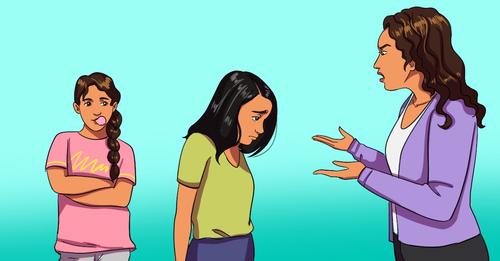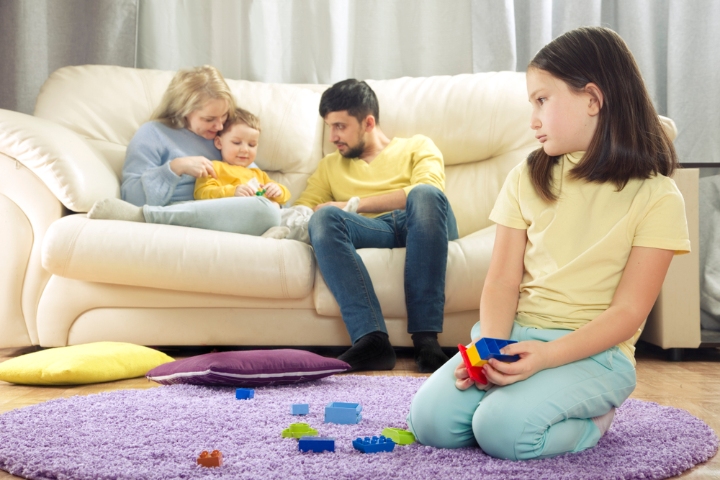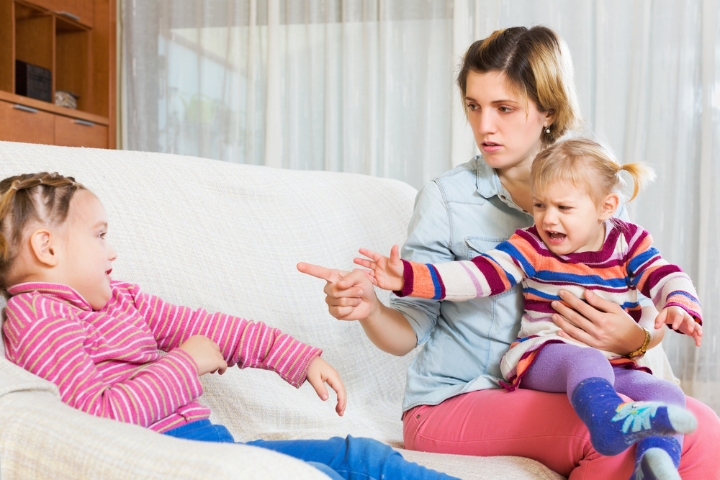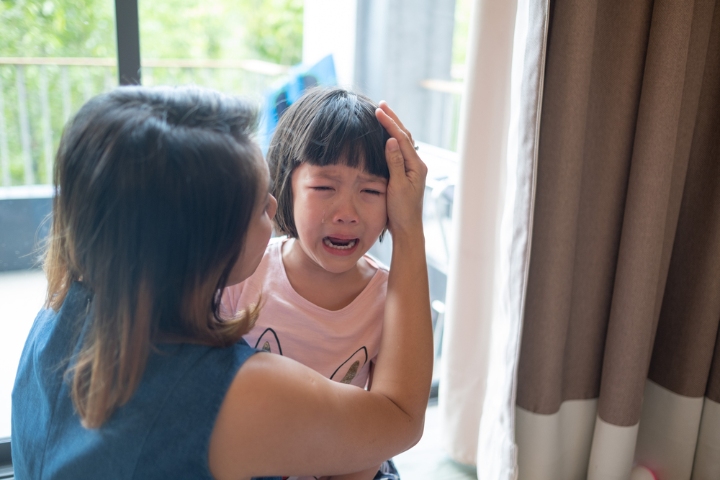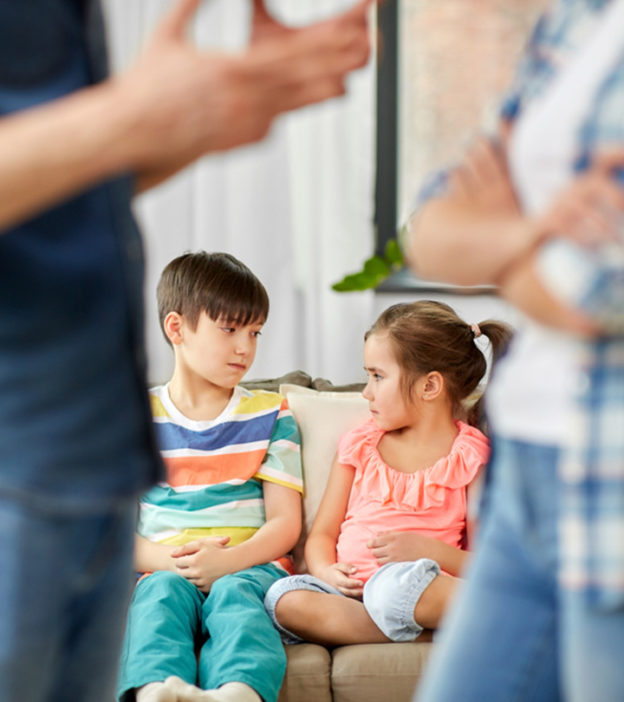
The relationship between a parent and child can be complicated, especially when one sibling feels that their parent is ignoring or mistreating them while the other disagrees. In such cases, it can be challenging to find common ground as each person’s perspective may differ drastically. However, there are usually some underlying reasons why one sibling might feel that their parent is neglectful while the other does not agree.
Let us look at some of the reasons that might turn parents into a baddie for one sibling and a teddy for another.
1. Unequal Treatment
Siblings often experience different dynamics with their parents due to age differences or gender roles within families. For example, an older brother may receive harsher punishments than his younger sister because he is expected to set an example for her. This could make him feel like his parental figure has become overly authoritarian or controlling over time. Yet, at the same time, the sister does not sense any such change in her dynamic with that same parent.
2. When Kids Think Being Harmful Is Normal
It is a sad fact that many children believe that being mistreated by their parents is expected. This can have profound and long-lasting effects on the child’s mental health, self-esteem, and overall well-being. It can lead to feelings of worthlessness or even depression in some cases(1). Unfortunately, this type of treatment from parents may be more common than we think, as it often goes unreported due to fear or shame felt by the child who believes they are undeserving of any better treatment. And when it happens regularly, siblings react to this behavior very differently, mainly depending on their understanding of the healthy family culture.
3. Child Favoritism
When parents choose favorites, it sends a message that some children are more valuable than others, causing those who their parents don’t favor to feel less worthy, leading them to feel like they don’t matter at all, resulting in lowered self-esteem levels due to lack of positive reinforcement from their primary caregivers. Lastly, this kind of treatment could potentially result in depressive symptoms due to constant rejection by someone they rely on most. Making them feel helpless since there’s nothing much they can do about it but endure its consequences silently while trying hard not to be seen as inferior compared to their preferred sibling.
4. Verbally Abusing And Comparing Them
When parents use verbal abuse or compare one sibling to another, it sends a message that they are not valued equally in the family unit, which can cause long-term damage to both self-esteem and any future relationship dynamics with each other. Not only does this behavior lead to unhealthy competition among siblings, but it also creates an environment where communication is hindered due to fear or mistrust from past experiences with parents’ negative comments towards them individually or collectively as brothers/sisters. And in the later part of their lives, both siblings develop different mentalities toward their parents. For example, one kid might not want to see their faces again, and another might always be on their parent’s team.
5. Different Upbringing Rules
There are cases where family members disagree about what qualifies as lousy parenting. Some parents believe strict rules are necessary for raising good children, while others think leniency should come first. These debates arise between siblings who grew up under differing expectations. So it stands to reason that they could not reach a consensus on whether someone was behaving toxically or trying hard but failing as disciplinarians.
6. Due To Physical Abuse
Last but certainly not least importantly, if abuse has been present throughout childhood, then it stands to reason that only those directly affected by such treatment will recognize its presence. In contrast, others living under similar conditions yet unaware of its existence won’t understand why anyone else would think negatively about what they consider everyday life with mom/dad at home every day after school, etc. To make matters worse, these situations are often highly contentious because parents tend toward denial when confronted with painful truths. Trying to convince someone who has never experienced abuse firsthand (or doesn’t want to acknowledge it) isn’t easy!
Overall, the fact that two people raised under the same roof by the same set of rules often end up forming opposing views towards those rules shows how unique every individual is. And while these kinds of disagreements can be frustrating at times, having a variety of oppositional viewpoints among family members ultimately leads to stronger relationships down the road due to its ability to foster open dialogue & mutual understanding among loved ones. So, let us know in the comments section below how parents can neutralize this thinking and work on creating a peaceful and balanced environment between them and their children.
